A cholecystitis diet focuses on reducing gallbladder inflammation by promoting low-fat, high-fiber foods and avoiding triggers like fatty or fried items. It aims to ease symptoms and support healing.
1.1 Understanding Cholecystitis and Its Relation to Diet
Cholecystitis is inflammation of the gallbladder, often caused by gallstones blocking bile flow. Diet plays a crucial role in managing symptoms, as certain foods can trigger pain or worsen inflammation. A low-fat diet is recommended to reduce strain on the gallbladder, while high-fiber foods support digestion. Avoiding trigger foods like fatty, fried, or processed items can help prevent flare-ups. Proper dietary adjustments not only ease symptoms but also promote overall digestive health, aiding in the recovery and prevention of gallbladder-related issues.
1.2 Importance of Dietary Changes in Managing Cholecystitis
Dietary changes are vital in managing cholecystitis, as they can significantly reduce symptoms and prevent complications. A low-fat diet helps minimize gallbladder strain, while high-fiber foods promote digestive health. Avoiding trigger foods like fried or processed items can prevent pain flare-ups. Additionally, staying hydrated supports gallbladder function, and maintaining a healthy weight reduces the risk of gallstone formation. By adopting these dietary adjustments, individuals can alleviate discomfort, support recovery, and improve overall well-being, making diet a cornerstone of cholecystitis management.

Key Dietary Principles for Cholecystitis
A low-fat, high-fiber diet with adequate hydration is essential to reduce gallbladder inflammation and alleviate symptoms. Avoiding trigger foods and maintaining a healthy weight supports recovery and prevents complications.
2.1 Low-Fat Diet: Benefits and Recommendations
A low-fat diet is crucial for managing cholecystitis, as it reduces gallbladder strain and alleviates symptoms. Focus on lean proteins, vegetables, and whole grains, avoiding saturated fats. Opt for small portions of fats, such as avocado or olive oil, and limit processed foods. Incorporate fiber-rich foods like oats and berries to support digestion. Avoid rapid weight loss, as it can increase gallstone risk. Hydration is key to thin bile and prevent stone formation. A balanced, low-fat diet not only eases discomfort but also promotes overall digestive health and reduces inflammation in the gallbladder.
2.2 High-Fiber Foods: Role in Digestive Health
High-fiber foods play a vital role in promoting digestive health for individuals with cholecystitis. Fiber aids in preventing gallstone formation by improving bile flow and reducing cholesterol levels. Incorporate whole grains, fruits, and vegetables into your diet to enhance digestion. Foods like oats, berries, and leafy greens are excellent choices. A high-fiber diet helps regulate bowel movements and reduces inflammation, easing gallbladder symptoms. It also supports healthy weight management, which is crucial for preventing gallstone development. By focusing on fiber-rich foods, you can improve overall digestive function and alleviate cholecystitis discomfort effectively.
2.3 Hydration: Essential for Gallbladder Function
Hydration is crucial for maintaining gallbladder health and preventing gallstone formation. Water helps thin bile, making it less likely to form stones. Aim for at least 8-10 glasses of water daily. Herbal teas and natural juices can also contribute to hydration. Dehydration can concentrate bile, increasing the risk of gallstones. Proper hydration supports digestion and overall gallbladder function, reducing inflammation and discomfort. Avoid sugary beverages, as they can worsen digestive issues. Staying hydrated is a simple yet effective way to support your gallbladder and manage cholecystitis symptoms effectively.
2.4 Avoiding Trigger Foods: Fatty, Fried, and Processed Foods
Fatty, fried, and processed foods are common triggers for gallbladder discomfort. These foods are high in saturated fats and can slow digestion, worsening symptoms. Fried foods, red meats, and processed snacks should be avoided to prevent gallbladder inflammation. Opting for lean proteins, such as poultry or fish, and plant-based options helps reduce strain. Additionally, limiting foods high in trans fats, like baked goods and fast food, is crucial. Reading food labels to avoid hidden fats and preservatives can further support a trigger-free diet, promoting overall gallbladder health and symptom relief.

Foods to Include in a Cholecystitis Diet
Incorporate gallbladder-friendly foods like vegetables, lean meats, and whole grains to support digestion. Fresh fruits and herbs also play a role in reducing inflammation and symptoms.
3.1 Gallbladder-Friendly Foods: Vegetables, Lean Meats, and Whole Grains
A cholecystitis diet emphasizes gallbladder-friendly foods that are low in fat and high in fiber, which can help reduce inflammation and improve digestion. Vegetables like leafy greens, broccoli, and carrots are excellent choices due to their anti-inflammatory properties and ease of digestion. Lean meats such as poultry, turkey, and fish provide essential protein without excessive fat. Whole grains like oats, quinoa, and brown rice offer sustained energy and fiber, aiding digestive health. These foods help minimize strain on the gallbladder and support overall well-being, making them a cornerstone of a cholecystitis-friendly diet.
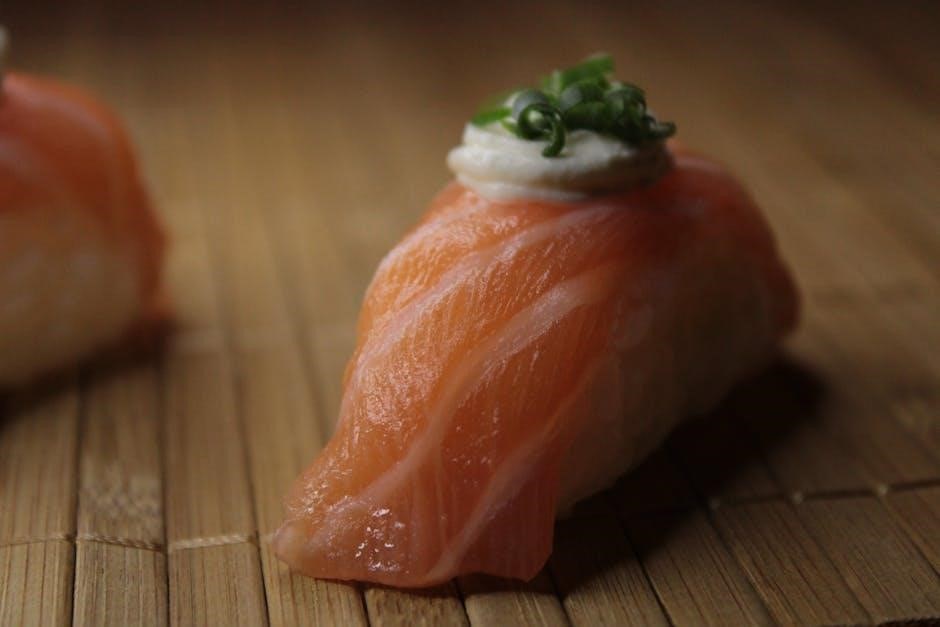
3.2 Fresh Fruits and Herbs: Their Role in Reducing Symptoms
Fresh fruits and herbs play a significant role in reducing cholecystitis symptoms by providing essential nutrients and anti-inflammatory properties. Citrus fruits like oranges and grapefruits are rich in vitamin C, which supports immune function and digestion. Apples and berries offer fiber, aiding in gentle detoxification. Herbs such as peppermint and dandelion root are known for their soothing effects on the gallbladder, reducing inflammation and improving bile flow. Incorporating these into meals or teas can help alleviate discomfort and promote a balanced digestive system, making them valuable additions to a cholecystitis-friendly diet.
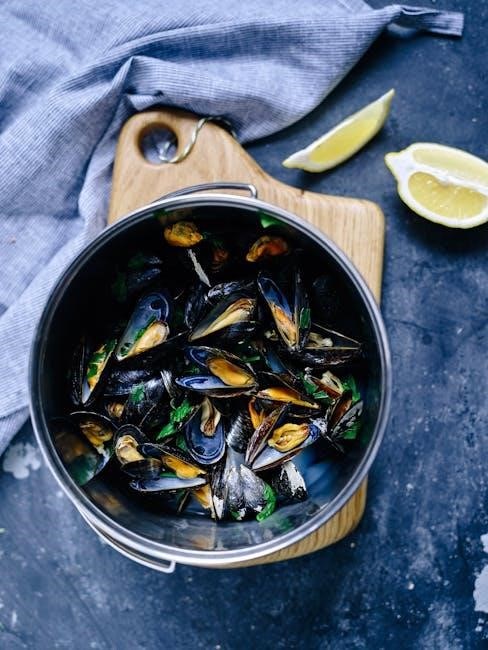
Foods to Avoid
Foods high in saturated fats, trans fats, cholesterol, and refined carbohydrates, such as fried foods, processed meats, and whole dairy, can trigger gallbladder inflammation and worsen symptoms.
4.1 Saturated and Trans Fats: Impact on Gallbladder Health
Saturated and trans fats can strain the gallbladder, increasing the risk of inflammation and stone formation. These fats, found in fried foods, processed meats, and butter, slow digestion, allowing bile to stagnate and harden into stones. Reducing intake of such fats can ease symptoms and prevent further complications, promoting a healthier gallbladder function. Incorporating lean proteins and plant-based fats is recommended to maintain nutrition while avoiding harmful fat sources.
4.2 Refined Carbohydrates and Their Effects
Refined carbohydrates, such as white bread and sugary snacks, can exacerbate gallbladder issues by causing rapid spikes in blood sugar and insulin levels. These spikes may contribute to inflammation and gallstone formation. Additionally, refined carbs often lack fiber, which is essential for healthy digestion and bile function. A diet heavy in refined carbohydrates can lead to poor nutrient absorption and increased risk of gallbladder dysfunction. Limiting these foods and opting for whole, unprocessed alternatives helps maintain digestive balance and supports overall gallbladder health.
4.3 Cholesterol-Rich Foods: Limitation and Alternatives
Foods high in cholesterol, like egg yolks and organ meats, can increase bile saturation, potentially leading to gallstone formation. Limiting these foods is crucial for managing cholecystitis. Instead, opt for cholesterol-lowering alternatives such as plant-based proteins, fatty fish like salmon, and lean meats. Incorporating soluble fiber from sources like oats and barley can also help reduce cholesterol absorption. Balancing dietary cholesterol with healthier options supports gallbladder health and reduces the risk of complications.
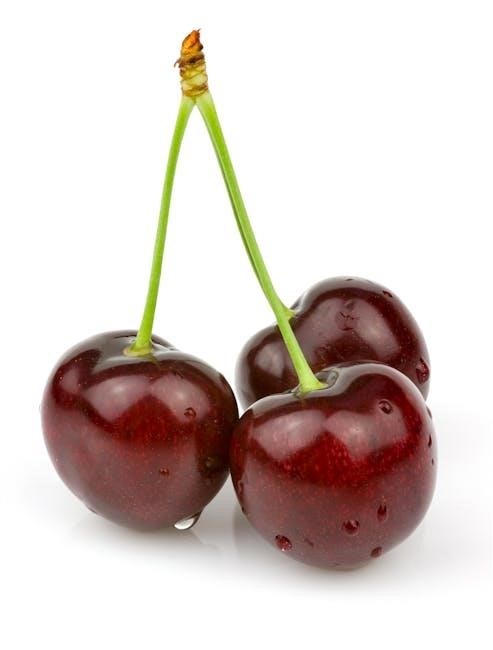
Meal Planning and Lifestyle Modifications
Effective meal planning involves balanced nutrition and portion control to manage symptoms. Regular exercise supports digestion, while maintaining a healthy weight prevents gallstone formation and promotes overall well-being.
5.1 Portion Control and Balanced Nutrition
Portion control is essential to avoid overloading the gallbladder, while balanced nutrition ensures adequate nutrients for healing. Focus on smaller, frequent meals rich in low-fat, high-fiber foods like vegetables, lean meats, and whole grains. Avoid large portions of fatty or processed foods, which can trigger symptoms. Incorporate fresh fruits and herbs to enhance digestion and reduce inflammation. Balanced nutrition helps maintain energy levels and supports overall digestive health without straining the gallbladder. This approach, combined with hydration, aids in managing cholecystitis symptoms effectively.
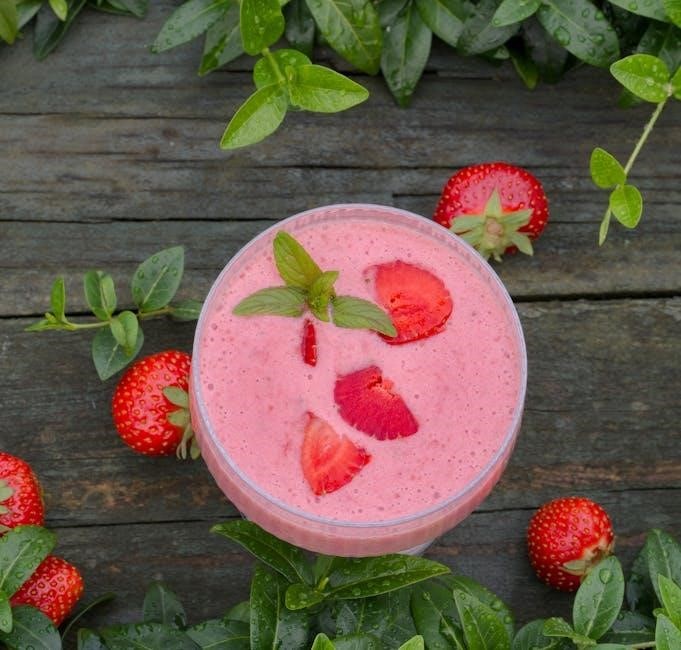
5.2 Exercise: Its Role in Overall Digestive Health
Regular exercise plays a crucial role in enhancing digestive health, particularly for those managing cholecystitis. Physical activity stimulates digestion and promotes gallbladder function, helping to prevent gallstone formation. Even low-intensity exercises, such as walking or yoga, can improve circulation and aid in the breakdown of food. However, it’s important to avoid over-exertion, as rapid weight loss or excessive exercise may trigger gallstone development. Consistent, moderate exercise supports overall well-being and complements a balanced diet to reduce symptoms and improve quality of life for individuals with gallbladder conditions.
5.3 Maintaining a Healthy Weight to Prevent Gallstone Formation
Maintaining a healthy weight is crucial for preventing gallstone formation, as excess body fat can increase cholesterol levels in bile, a key factor in gallstone development. Rapid weight loss, particularly more than 3 lbs per week, can also trigger gallstone formation by increasing bile concentration. A stable weight, achieved through a balanced diet and regular exercise, reduces the risk of gallstones. Being overweight or obese can further exacerbate gallbladder issues, making weight management an essential component of a cholecystitis diet to prevent complications and support long-term digestive health.
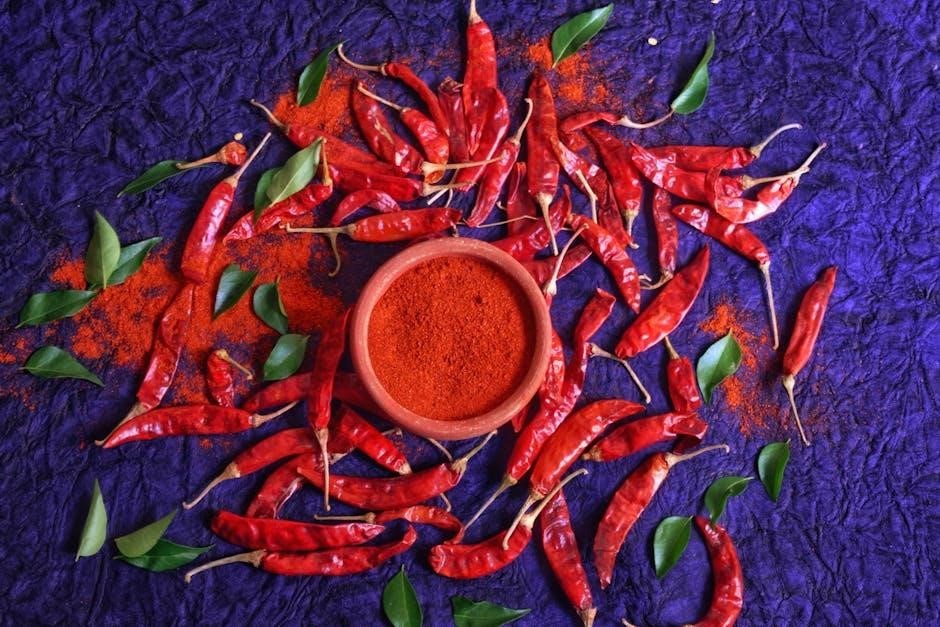
Leave a Reply
You must be logged in to post a comment.